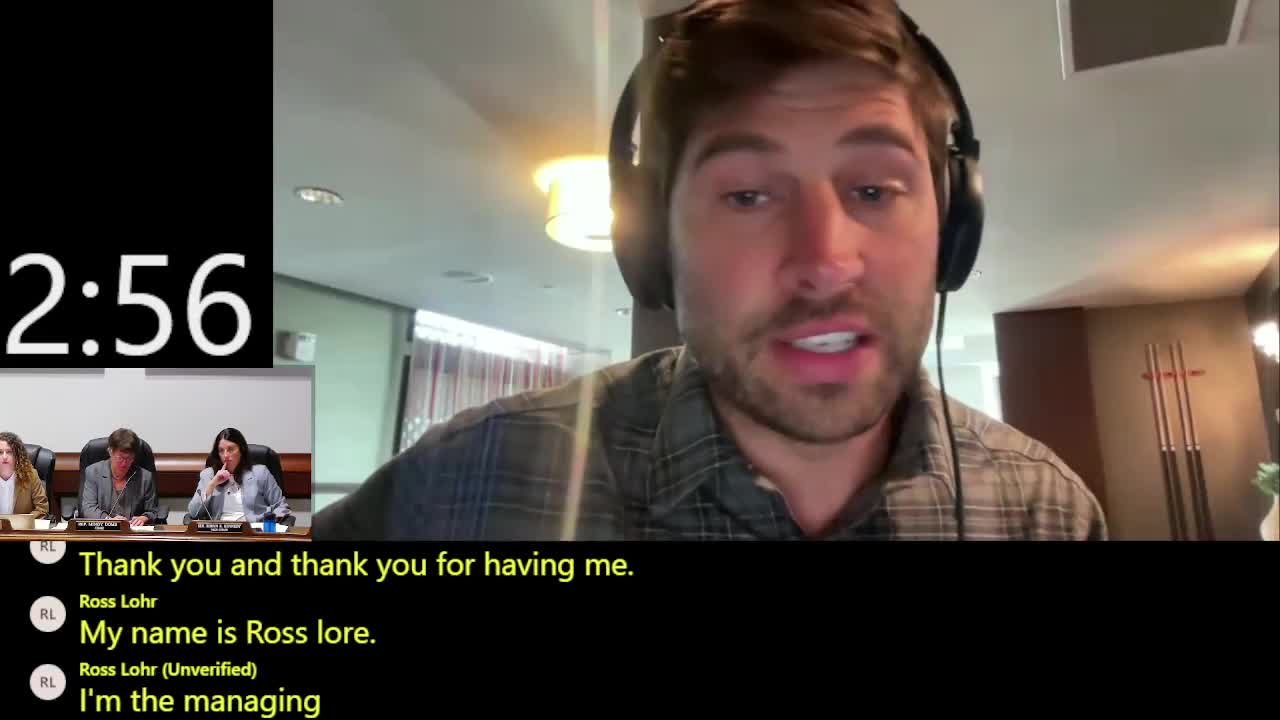Coalition seeks innovation fund to expand nonclinical, community‑based trauma healing
Get AI-powered insights, summaries, and transcripts
Subscribe
Summary
A coalition of trauma‑healing practitioners asked the committee to advance H.2224, which would establish an innovation fund to pilot nonclinical, community‑based trauma‑healing interventions and lower barriers to access.
Members of the Massachusetts Trauma Healing Coalition and representatives from the Brookline Center described H.2224 as a vehicle to fund low‑barrier, nonclinical interventions that expand healing outside of traditional clinical settings. Speakers argued that relying almost exclusively on clinical services blocks care for many people; they said roughly 70% of Massachusetts residents will experience a traumatic event but only about 5% receive clinical trauma care.
Examples presented included an initial pilot installation at Boston Nature Center: QR codes on a footbridge would link to short, trauma‑sensitive prompts and exercises (available in multiple languages and in hard copy) designed to introduce body‑awareness and other coping strategies without requiring a diagnostic label or referral. Alethea Casimir said such approaches reduce barriers for people who cannot access or do not seek clinical care due to cost, cultural or logistical reasons.
Witnesses asked the committee to report H.2224 favorably, provided a white paper and offered to submit written supporting materials. Committee members asked for clarification about how installations would work; witnesses described simple, low‑cost digital and printed materials designed for public spaces and noted community co‑design as part of the model.
Provenance: - topicintro: testimony by Dave Emerson and coalition members beginning at 00:56:00. - topfinish: coalition comments and examples (Boston Nature Center pilot) concluding at about 01:07:00.
